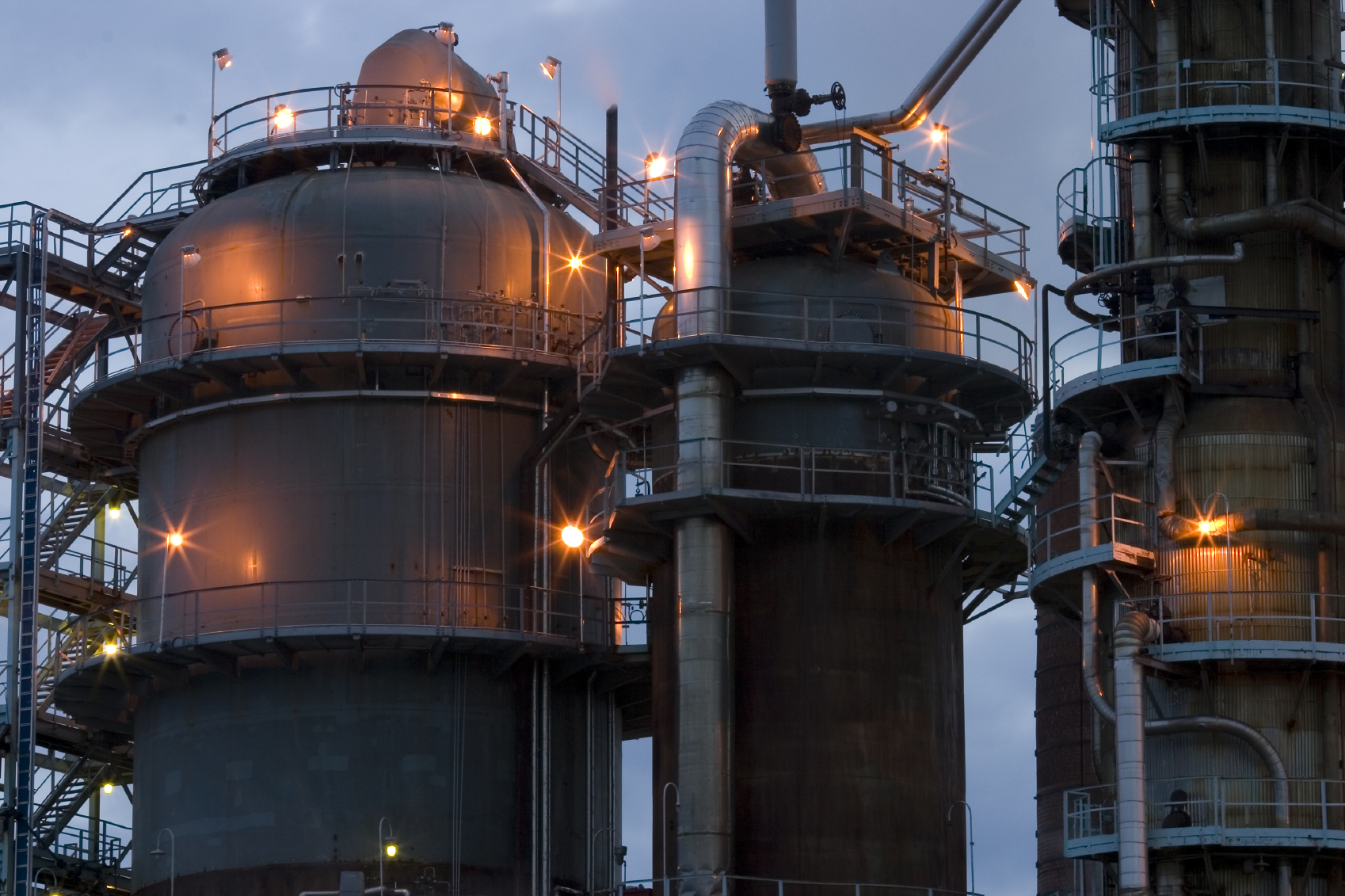

The course is particularly directed at inspection and maintenance engineers who are concerned with corrosion of the structures of petroleum production. This course covers both the fundamentals and practices in designing, operating and maintaining corrosion and corrosion control for petroleum metallic structures.
By the end of this course delegates will learn about:
Corrosion Control Engineers & Personnel, Process Engineers, Metallurgists, Inspection Personnel, Mechanical Engineers, Material Selection Personnel, Plant Contractors, Operations Engineers, Team Leaders & Supervisors, Maintenance Supervisors, Senior Plant Supervisors, Mechanical Engineers, Corrosion Control & Monitoring Systems Personnel, Oil and Gas Production Facilities Personnel, Chemists, Chemical Engineers, Technicians and Supervisors, Personnel who are / will be responsible for detecting, inspecting, monitoring, controlling corrosion in oil and gas piping, pipelines used in production operations and Personnel responsible for metallurgy, corrosion or the prevention of failures in plant and equipment
This interactive Training will be highly interactive, with opportunities to advance your opinions and ideas and will include;
Fundamentals of Corrosion
Testing & Monitoring Techniques
Cathodic Protection
Sacrificial Anode Cathodic Protection
Impressed Current Cathodic Protection
Criteria for Cathodic Protection: Instrumentation for Cathodic Protection of Underground Pipelines
Cathodic Protection of Underground Pipelines
Stray Current Corrosion and Methods of Prevention
Pipeline Coatings and the Effectiveness of Coatings
Cathodic Protection and Coatings: Pipeline Inspection: Survey Methods and Evaluation Techniques
Corrosion Principles
Attachments
Fundamentals of Corrosion Mechanisms
Corrosion Monitoring Techniques
Basics of Corrosion Prevention
Fundamentals of Cathodic Protection
CP Principles: CP for Special Applications
CP Attachments
BTS attendance certificate will be issued to all attendees completing minimum of 80% of the total course duration
| Code | Date | Venue | Fees | Register |
|---|---|---|---|---|
| FAC119-02 | 11-05-2026 | Istanbul | USD 5950 | |
| FAC119-03 | 10-08-2026 | Kuala-Lumpur | USD 5950 | |
| FAC119-04 | 13-12-2026 | Dubai | USD 5450 |
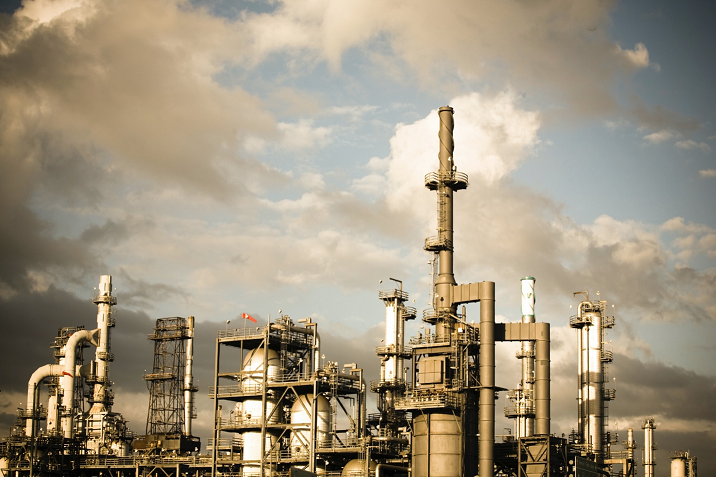
The removal of acidic components (primarily H2S and CO2) from hydrocarbon streams can be broadly categorized as those depending on chemical reaction, or adsorption. Processes employing each of these t ...
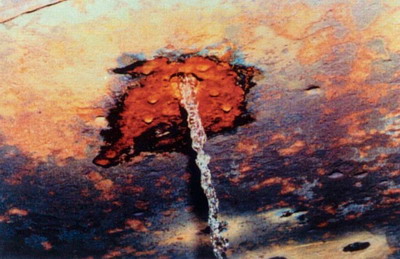
This basic corrosion course covers fundamental aspects of corrosion control and its prevention. The course will enable beginners to establish a solid foundation in corrosion before moving on to advanc ...
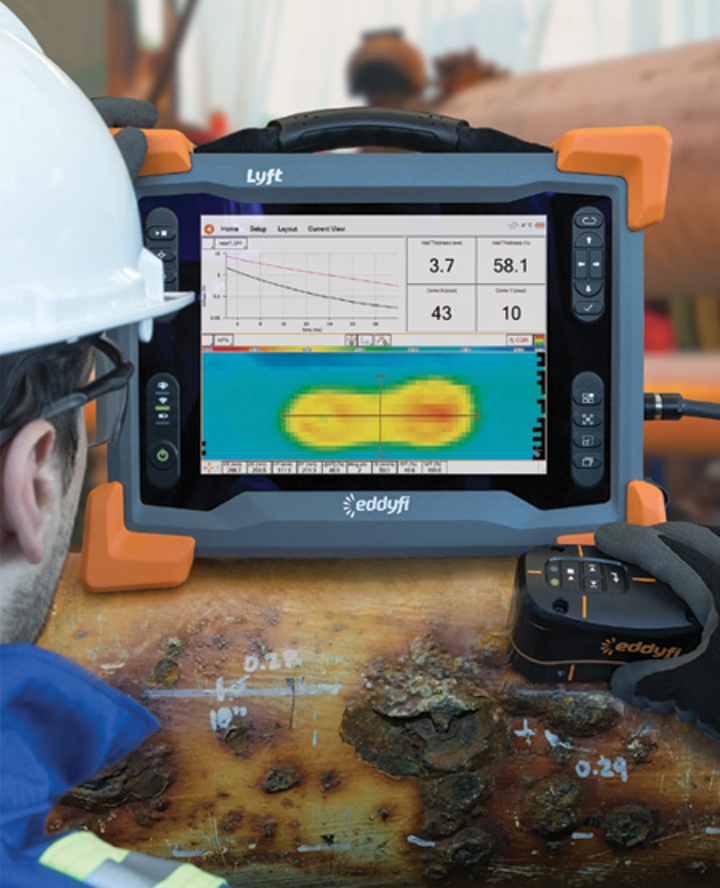
Corrosion problems have always presented a severe challenge to oil and gas producing operations. Operators plan for long periods of continuous production with maintenance schedules for the prescribed ...
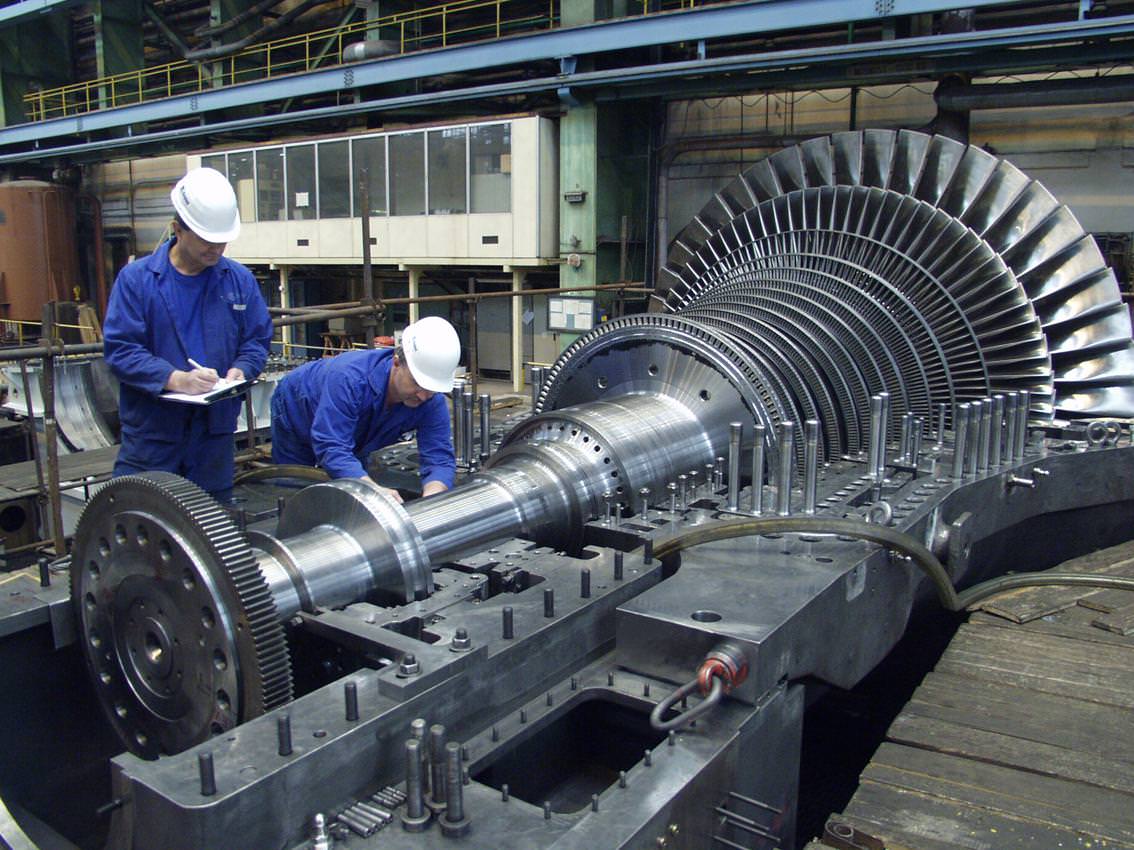
Corrosion problems have always presented a severe challenge to oil and gas producing operations. Operators plan for long periods of continuous production with maintenance schedules for the prescribed ...
Providing services with a high quality that are satisfying the requirements
Appling the specifications and legalizations to ensure the quality of service.
Best utilization of resources for continually improving the business activities.
BTS keen to selects highly technical instructors based on professional field experience
Since BTS was established, it considered a training partner for world class oil & gas institution
1st floor, Incubator Buildingو Masdar City, Abu Dhabi, UAE
Sun to Fri 09:00 AM to 06:00 PM
Contact Us anytime!
Request Info